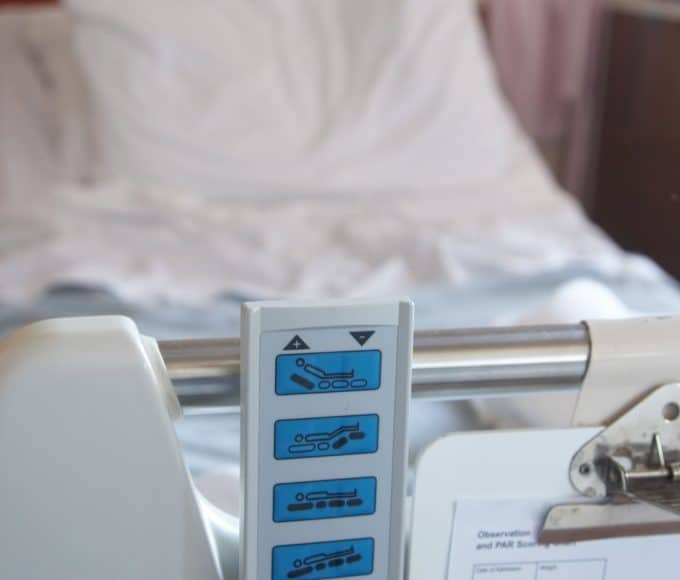TV execs love making medical dramas. They’re exciting, there’s lots of room for emotional conflict and high stakes, and you can pretty much film the whole thing on one set. Yet, while we all love watching doctors to race to find a cure for some sort of eye-bleeding disease while balancing it with being a working single mother, the truth is that if any of these doctors actually treated you in real life you would very quickly be dead, or at least really miserable. So before you book yourself in with Holby City, Sacred Heart or the diagnostics team at Princeton-Plainsboro Teaching Hospital, consider these facts.
1: They Will Probably Have Terrible Bedside Manner
If you go to a real hospital you will find the staff are trained to be professional, polite and comforting regardless of how they feel about you (and don’t get me wrong here, they do hate you). They might be referring to you as NFN (Normal For Norfolk) behind your back, but to your face you will get only the best in professionalism and sensitivity, whoever you are.
In TV land… not so much. The obvious example here is Dr Gregory House, who goes out of his way to be as offensive as possible to his patients, whether he’s just calling them an idiot, or making jokes that could be construed as racist, sexist, ableist, or just cracking-wise about discovering a patient has been having sex with her father. In general it’s clear he has maybe slightly less sensitivity than the flesh-eating virus that’s crawled up your anus, and nowhere near as much professionalism.
But House isn’t the only doctor who likes insulting his patients. Before he came along we had Dr Perry Cox from Scrubs, whose hobbies included calling his patients stupid, pushing cadavers around so that nobody would ask him to do anything, and then insulting his patients again.
And in both cases, God help you if you should turn up in hospital with some sort of faith! Both doctors will be happy to forget about the weird green mould that seems to be growing on your face to mock you for having beliefs.
2: They Will Bring Their Emotional Baggage to Work
I’m sure you’ve got your problems, and I don’t just mean the terrifying medical conditions I imagined you have in the last entry. You have a personal life, and that doesn’t always go as smoothly as you’d like, whether it’s a relationship on the rocks, family trouble or a debilitating fear of spiders. But like most people when you go to work in the morning you leave those troubles behind. If you work in a sausage factory you don’t make each sausage into the shape of your ex-wife. If you sell people insurance you don’t talk to potential customers about your fear of commitment.
Yet TV doctors don’t ever seem to have got a grip on this. If they’re worrying about whether or not to move in with their boyfriends, or are having trouble being emotionally honest with their parents, you can bet that at some point they’ll end up whining to the patient about it, or worse, seeing the patient’s condition as some sort of metaphor for their own emotional struggles. Which, if you think about it, is actually insanely dangerous.
3: They Aren’t Counsellors, But Gosh Darn It Do They Try!
Doctors aren’t the only ones with their own personal baggage to sort out. The patients will usually have their own stuff to deal with. It could be emotional or family problems, it could be PTSD from the terrible accident that sent them into hospital in the first place. Whatever the problem it’s bound to be complex, multifaceted and could take years to properly resolve and move on from. That’s just the way life works. Sometimes you may even need to get professional help in the form of counselling or psychotherapy.
You know who won’t be much help though? That medical professional who is treating you for an unrelated problem.
But that won’t stop them from eavesdropping on your conversations with loved ones, giving unasked for advice and generally stopping at nothing to make sure you’ve reached some sort of emotional closure to your narrative arch in the 25 to 45 minutes you spend in the hospital. Can’t they just fix your damn leg and let you go?
Chris Farnell is a freelance writer who works with Locum Jobs. He watches too much TV.















